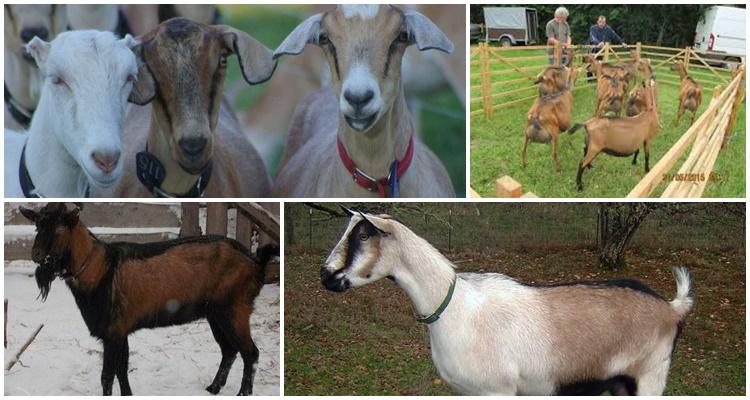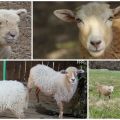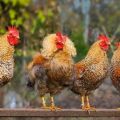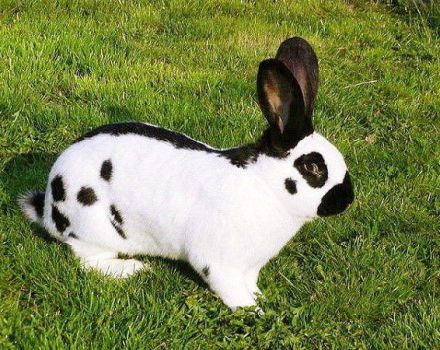Table of the average weight of kids by month and what factors affect the indicator
Experienced goat breeders check the weight of the kids by month with the table. These guidelines allow you to correctly assess the development of young animals and make adjustments to nutrition if necessary. Health indicators are assessed by looking at the size of the pet. Larger animals are sold at a higher cost. Therefore, goats raised for sale are regularly weighed.
How much do the kids weigh by months
A newborn kid weighs 2800-3200 grams. In the early days, a daily gain of 230 grams is considered the norm. Quality milk from a healthy goat is the key to success. For the normal development of the baby, a lactating adult gives at least two liters of milk per day. The goat monthly adds 5000-6000 grams to the total weight, from the sixth month the increase decreases and is 3 kilograms. The goat adds about 4500 grams per month, from the sixth month no more than 2.5 kilograms per month.
Young growth is constantly weighed, growth is monitored. The data obtained is checked against the table.
Approximate sizes of cubs:
| Month of life | Kilograms |
| 1 | 8 |
| 2 | 12 |
| 3 | 17 |
| 4 | 21 |
| 5 | 26 |
| 6 | 28 |
| 7 | 30 |
| 8 | 33 |
| 12 (1 year) | 42 |
| 18 (1.5 years) | 50 |

The calculation is based on the average weight of young animals at birth. If the calf was born small, lags behind other babies in development, then usually he compensates for this, intensively gaining weight in the following months.
Newborn pets are scored on a five-point system. Cubs that receive the highest score are considered highly breeding and will be selected for further breeding.
Factors affecting the weight of the animal
The following reasons affect the size of pets:
- Kind of animal. It so happens that cubs are born of different sizes, although they belong to the same population. In the absence of health problems, the kid quickly catches up with its peers.
- Breed. Dairy goats in adulthood reach 50 kilograms, meat breeds weigh more than 80-90.
- Health. Violation of the feeding regimen, injuries, serious illness lead to underweight, and sometimes to overweight.
- Age.
- Heredity.
- Body type.
- Feed type and effective use.
- The gender of the pet.
Properly organized pet care, selection of food in accordance with biological needs, regular weighing will help to grow a healthy individual of normal build.








